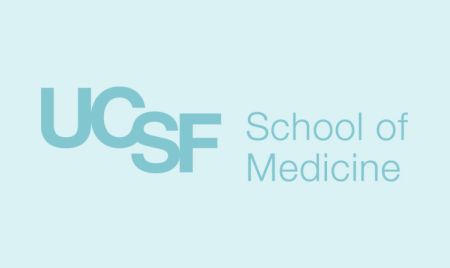Assessing Students’ Core Clerkship Performance: A New Approach

Bridges Student Dashboard
Traditionally, medical school training has emphasized high-stakes exams and summary core clerkship evaluations that prioritize medical knowledge over other competencies and provide variable feedback to students. The core clerkship grading process causes stress for students and can interfere with their learning. Core clerkship students need and deserve more detailed insight about their individual performance on the career path toward residency in order to develop into well-rounded physicians.
To help address these challenges, UCSF School of Medicine leadership and faculty educators are aiming to design a model of assessment that ensures every graduate is prepared with competencies needed to transition into the next phase of education, where they will be expected to provide patient care and engage in learning with less direct supervision.
“Students and faculty alike succumb to the illusion of objectivity—that quantitative ratings converted to grades convey accurate measures of the complexity of clinical performance,” says Karen Hauer, MD, PhD, Associate Dean, Competency Assessment and Professional Standards at the UCSF School of Medicine, and lead author of a commentary on core clerkship grading published online today in Academic Medicine.
Initiatives led by Dr. Hauer, Catherine Lucey, MD, Executive Vice Dean, Vice Dean for Education, Professor of Medicine at UCSF’s School of Medicine, and curricular assessment specialists at UCSF have enabled the School of Medicine to adopt a developmentally appropriate, learner-centered method of assessing students in Foundations 1 based on their growth and their achievement of competence. They now aim to continue this approach into the core clerkships.
“Rather than focusing on assigning core clerkship grades, assessment of student performance should incorporate expert judgment of learning progress,” says Dr. Hauer. “Competency-based medical education is predicated on the articulation of stepwise expectations for learners, with the support and time allocated for each learner to meet those expectations.”
“Students should ideally review their own performance data with coaches to self-assess areas of relative strength and areas for further growth,” concurs Dr. Lucey, who co-authored the commentary. “Eliminating grades in favor of competency-based assessment for learning holds promise to engage learners in developing essential patient care and teamwork skills and to foster their development of lifelong learning habits.”
In their commentary, Dr. Lucey and Dr. Hauer outline the areas in which clerkship grading causes problems, including: complexity (the complexity of competencies a student is expected to master and the variability of contexts in which they are expected to learn do not readily translate to grades); flawed data (distillation of complex performance into a single grade, frequently flawed data that is collected to support that grade, as well as inadequate narrative evaluations of student performance), and; unequal opportunities (grading pressures in core clerkships are not felt equally by all students; students who adapt quickly and perform well from the start may be rated more favorably than other students).
Dr. Hauer and Dr. Lucey are leading the School in exploring alternatives to clerkship grades in favor of competency based assessment for learning.
“It is time to prioritize measuring and continuously advancing student competency development over the assignment of grades that are, at best, imprecise measures of complex performance,” says Dr. Hauer. “A model of assessment for learning entails frequent observation and feedback that promotes students’ development, reflection, and lifelong learning skills. Students should be rewarded for demonstrating learning and improvement. They should be rewarded for partnering with faculty in identifying and pursuing their learning goals.”
“Throughout our Bridges Curriculum, medical students’ achievement of competencies is comprehensively assessed using assessment systems focused on assessment for learning,” says Dr. Lucey.
Review the commentary by Dr. Hauer and Dr. Lucey here.









